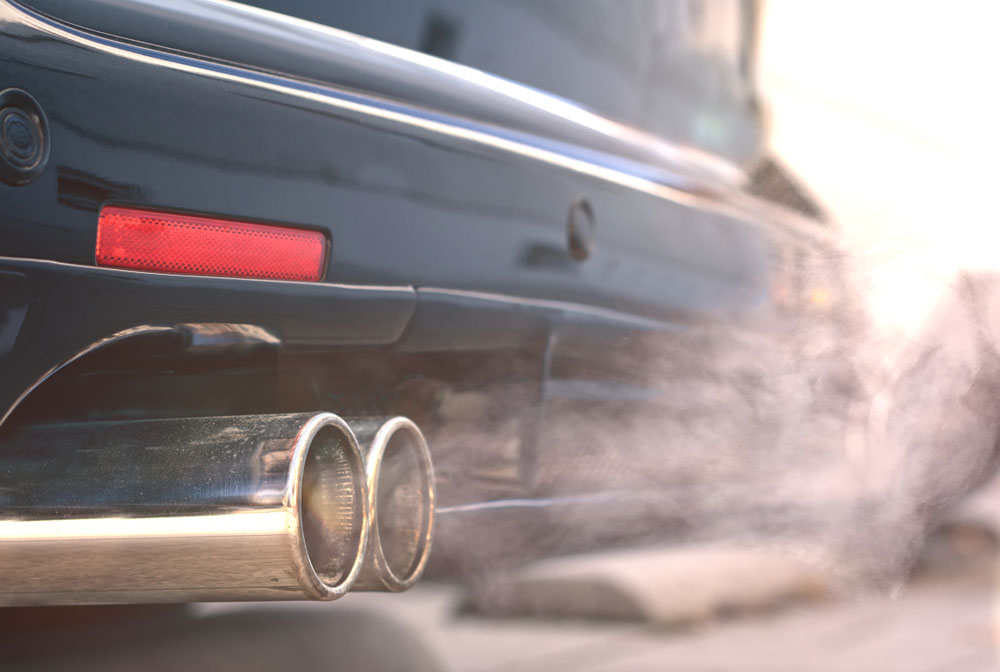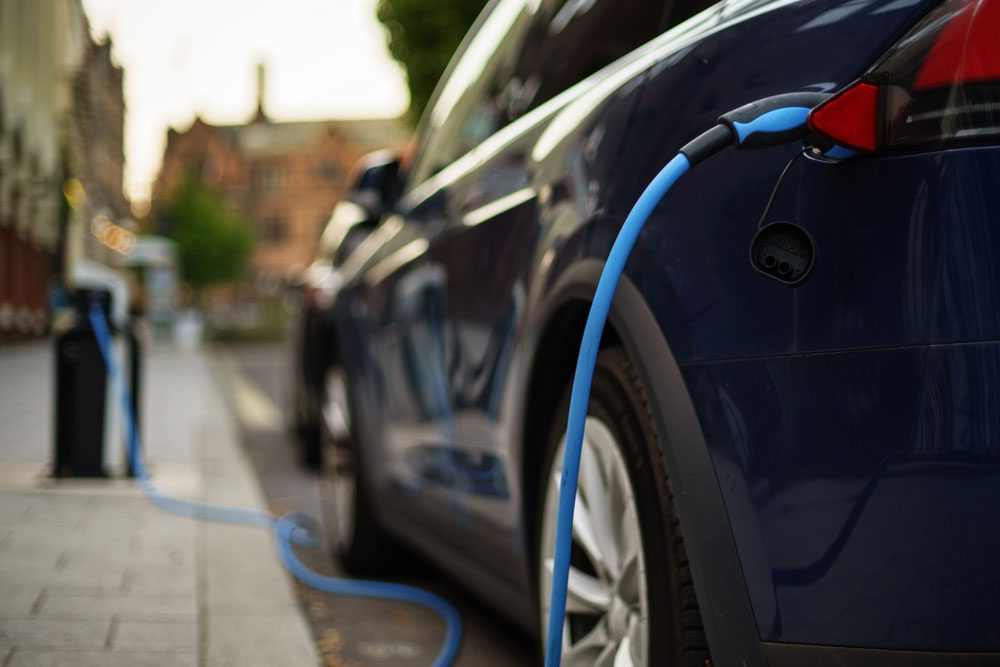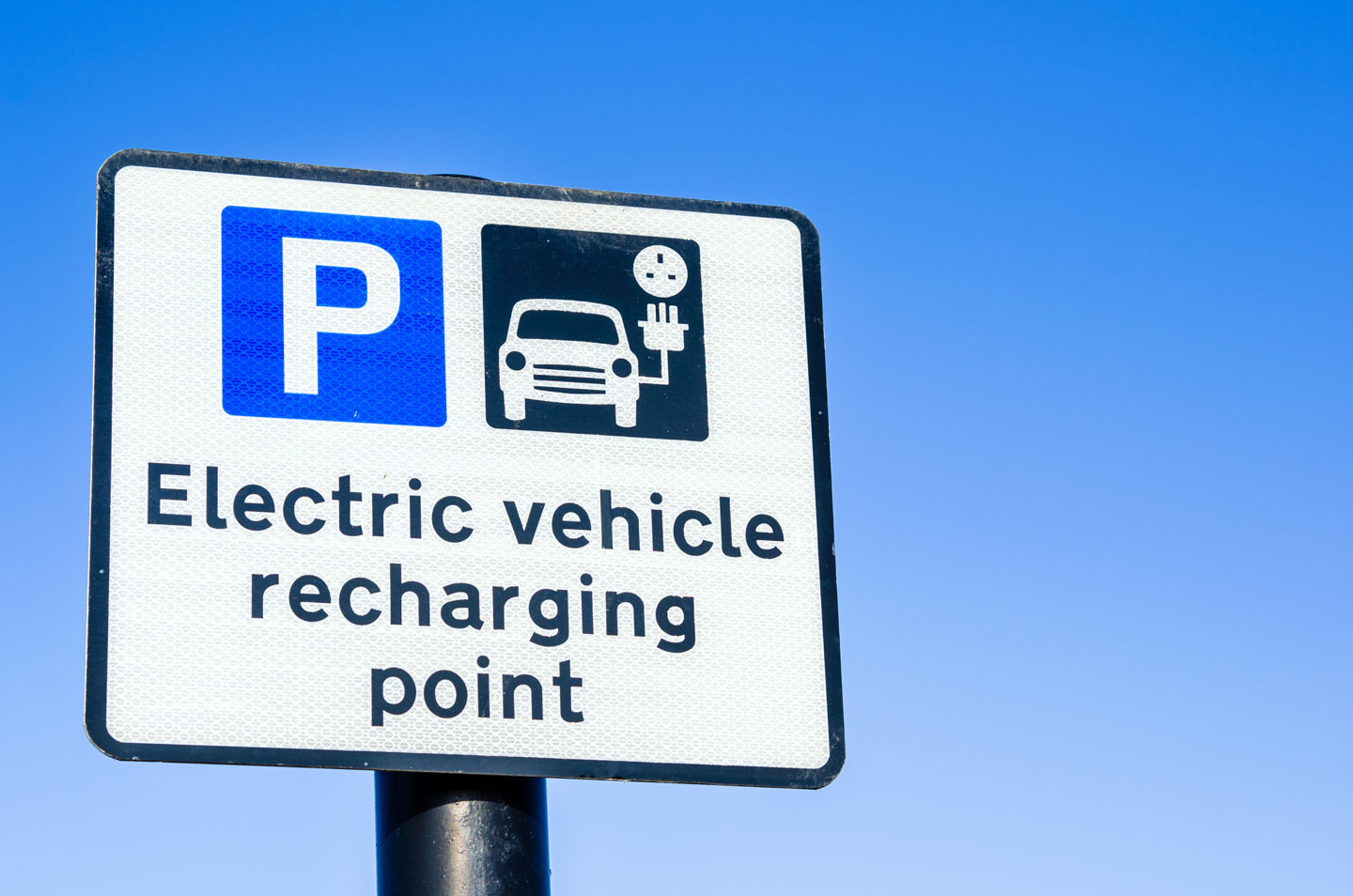This website uses cookies so that we can provide you with the best user experience possible. Cookie information is stored in your browser and performs functions such as recognising you when you return to our website and helping our team to understand which sections of the website you find most interesting and useful.
Diesel fleet owners and drivers were assured for years that they were working with the fuel of choice. Diesel is a cheap, fast, and effective way to reduce CO2 emissions, able to produce high torque, and get on average 15-20% greater mpg than petrol.
With this attractive array of benefits, diesel overtook petrol in new car registrations during the early 2010s. But no longer is diesel considered the choice for the future. Changes in policy, environmental legislation and rapid technological innovations have led to a quick reduction in diesel production. Some manufacturers, such as Fiat-Chrysler are even planning to drop diesel by 2021.
The signs are looking ominous for diesel-dependant specialist vehicle owners, but it’s not all doom and gloom. Governments are backing the industry to successfully enable the electrification of diesel vehicles, with significant investments in technology and new policy. For manufacturers, this may present a series of opportunities to design high-performance electric models and gain an all-important first movers advantage, right as the market hits a significant stage of growth.

Scandal and decline
Although diesel emits fewer CO2 emissions than petrol, it still emits greater quantities of nitrogen oxides (NOx) – which have an atmospheric lifetime of more than 120 years. Once this news had reached policymakers, taxes on diesel vehicles almost immediately hiked; no longer was their use being encouraged.
Then, the small matter of the Volkswagen Group scandal in 2015 came to light. Government action swiftly followed as nations around the world clawed back tax incentives and VW themselves were handed a €1bn fine. The result? Diesel’s market share fell back below 50%, and year-on-year car sales fell by 37%.
Green response to red Tape
Manufacturers looked at new technologies to make diesel greener, like selective catalytic reduction. SCR is a technology that actively controls emissions, injecting a liquid reductive agent through a special catalyst into the exhaust stream of a diesel engine. SCR can reduce NOx emissions by up to 90% – with many truck drivers reporting fuel economy gains of 3 – 5%. Still, the regulations required more.
Now the likes of Porsche and Nissan have opted to drop diesel from their passenger vehicle lineup. Even in specialist and commercial vehicles, diesel is slowly being retired and replaced by hybrid powertrains. No manufacturer is, as yet, halting diesel production in their commercial line, but with new innovations comes a stronger push towards hybridisation. Take examples by Toyota and more recently Ford.

End of the road?
The rate of diesel’s electrification depends on EU regulation as much as customer demand (with car sales easing up slightly). As the EU sets targets for a zero-emissions continent, there will be a greater shift to hybrid and electric vehicles – full-electrification being the hopeful outcome for policymakers.
EV innovation is accelerating. Spearheaded by the EU, hybrid and BEV technologies are receiving a flurry of investment, including a push to replace automotive facilities with battery plants. With lower fuel costs, lower emissions and lower maintenance costs, EV technologies are replacing the USPs which initially propelled diesel during the 1990s.
It is a hopeful time. The industry is moving towards full electrification, leaving great opportunities for first-movers to stake a claim with their own EV designs.
What does this mean for specialist vehicles?
Diesel vehicles are still widely used in specialist applications. However, in some parts of the continent, diesel penetration has not managed to keep up – dropping over 70% to nearly 50% in 2017.
More corporations are replacing diesel with petrol, or alternate powertrains. The current concern with the latter, though, is cost-efficiency and a lack of accommodating charging infrastructure. To design infrastructure for a plug-in hybrid car is one thing, but a more complex matter entirely in regards to vans and trucks.
UPS is currently the only logistics company in London with a fleet that runs entirely on electricity. The company is planning on owning a fleet of more than 170 all-electric vans, with ‘smart’ charging infrastructure installed to reduce the cost of recharging their entire fleet. “Going electric will soon be cheaper than diesel”, the company told the Financial Times.
With time, as technologies achieve economies of scale, there is little doubt in UPS’s mind that all-electric will be cheaper than diesel soon enough.

Benefits of electrification
A study comparing total costs of ownership (TCOs) between electric, hybrid, petrol and diesel has indicated that battery electric vehicles (BEVs) are the cheapest to run, with lower fuel and maintenance costs. Hybrids follow close behind.
Once commercial and specialist vehicles are converted to electric or hybrid, there will be a huge range of benefits for specialist fleet owners. And if that fleet is required to drive within cities, the choice between electric, hybrid and fossil fuel may be a straightforward one.
When is the right time?
Diesel is not about to disappear overnight. It still has a place, especially in areas with little charging infrastructure. Yet demand for all-electric is increasing, and innovative components are enabling better performance, safety, and reliability.
In the long term, it’s clear that governments are making it harder, more expensive and less inviting to own diesel vehicles. Hybridisation could be an effective solution for the medium-term, while the charging infrastructure begins to populate cities.
Hybrid sales have already risen by 73% in the UK market. Plug in-hybrid and hybrid vehicles used by fleets in the UK have risen by 32%. In up to three years, this is expected to rise to 30% of smaller fleets and 68% of larger ones.
If you are working on a specialist vehicle project, Dalroad is here to help. We’ve got a network of partners who are creating the most innovative electric vehicle components on the market: capable of enduring the toughest operating conditions.

